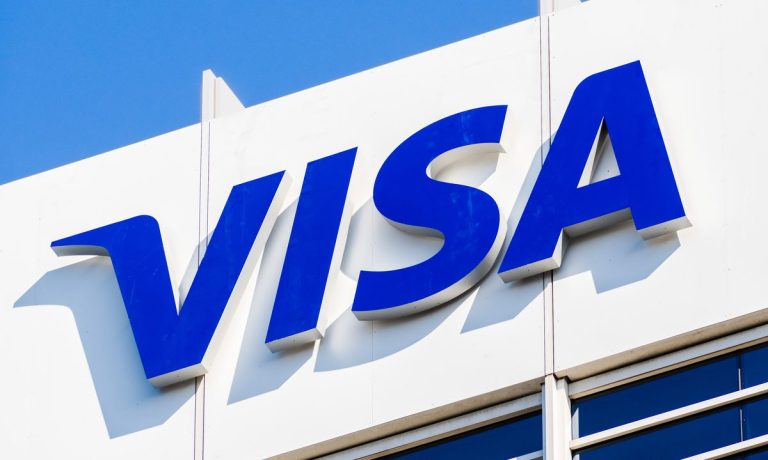Visa Says It Will Take New Actions to Fight Cybercrime

Visa wrote in a blog that digital payments have become more important, with a level of reliability and speed, so the company has taken more of a responsibility to fight fraud and keep transactions secure.
The digital adoption has increased in multitudes since the pandemic, but there have been pitfalls as well, such as a rise in cybercrime.
“On the human frailty side, 78% of people who receive unsolicited links click on them, while 51% of people admitted to using the same password for most of their online activity. Meanwhile, 81% of global organizations experienced increased cyber threats with 79% experiencing downtime due to a cyber incident during a peak season.”
Visa writes that it’s taking new actions against cybersecurity, including a two-pronged approach protecting Visa’s assets and providing clients and partners with various layers or “proactive defense and offense.”
The company says it’s working with more than 1,000 cybersecurity specialists, using petabytes of data letting them protect the network from malware, zero-day attacks and other threats. Machine learning will help with predicting and fixing network vulnerabilities.
Visa added that it’s fighting fraud through its expansive global network, as it has enough data to reduce fraud. The release said this comes down to the volume, the quality and how it’s used, with the company having spent over $9 billion to boost cybersecurity and cut down on fraud.
See also: Visa Expects Global Growth to Cover Russian Revenue Loss Within a Year
PYMNTS wrote recently that Visa has lost about 4% of its revenue in the last fiscal year because of its exit from Russia in the wake of that country’s war in Ukraine. But the company is not fazed. According to Visa, it will likely make up for it through its growth in other areas.
Chief Financial Officer Vasant Prabhu said Visa’s revenue wouldn’t be comparable this year. But next year, he said, things would improve, with the company seeing more growth that will offset the lost revenue.